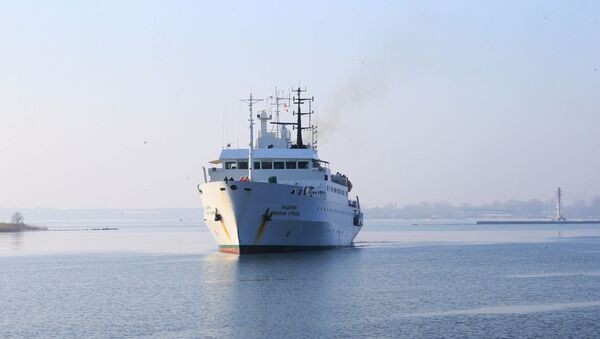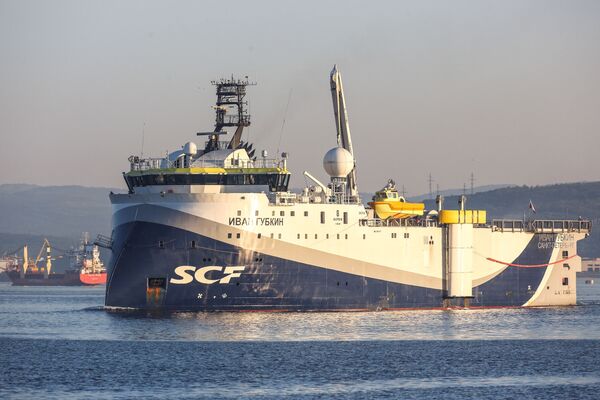Russia may become one of the leaders in the scientific world due to a transdisciplinary project known as "Ocean" that aims to collect extensive data about sea life on our planet, according to joint opinions of professor of neurosciences at the University of Florida Leonid Moroz, professor at University of Göttingen and head of Genome Research and Education Centre of Siberian Federal University (SibFU) Konstantin Krutovsky.
The scientists believe that at the moment humanity knows away less about life on the seabed than about the Moon despite the fact that 71% of the Earth's surface is covered by water. The "Ocean" project, developed under the leadership of Leonid Moroz, aims to change this situation.
"Hundreds of thousands, if not millions of sea organisms are determining and will be determining the health of our planet, and we barely know about the existence of around 10% of those species. We have lost many species, living in the ocean and in its depths, and will lose even more, without getting even basic information about them", Moroz said, adding that "Ocean's" key objective is to learn more about the planet and to preserve it.
The authors of the "Ocean" project are planning to organise worldwide maritime research expeditions aiming to create a gene atlas of all species, inhabiting the oceans. They are also going to conduct many studies right on board ships, including genome sequencing. The latter will allow species, unfit for transportation to remote laboratories, such as deep dwelling, rare and fragile life-forms to be studied.
In a matter of five to seven years Russia could gather more knowledge about oceans and life on our planet than humanity in general over the past few centuries, the scientists believe. This has become possible due to Russia having the largest ocean shoreline in the world, as well as due to the unique fleet of Russian scientific research vessels.
The scientists are confident that the "Ocean" project is bound to be a major scientific breakthrough and will have major positive effects on humanity in general, comparable to space projects in 1960s, with relatively low costs. "Ocean" can be compared to the Human Genome Project (HGP) from 1990-2003 that helped humanity to conduct the genome sequencing for the majority of human DNA. Such a fundamental scientific project as HGP yielded dividends hundreds and thousands times larger than the costs.
Apart from that, the scientists are adamant that the "Ocean" project basically guarantees Russia's participation and leading position in the planned Earth BioGenome Project, which seeks to create the genome catalogue of all of Earth's eukaryotic species.




